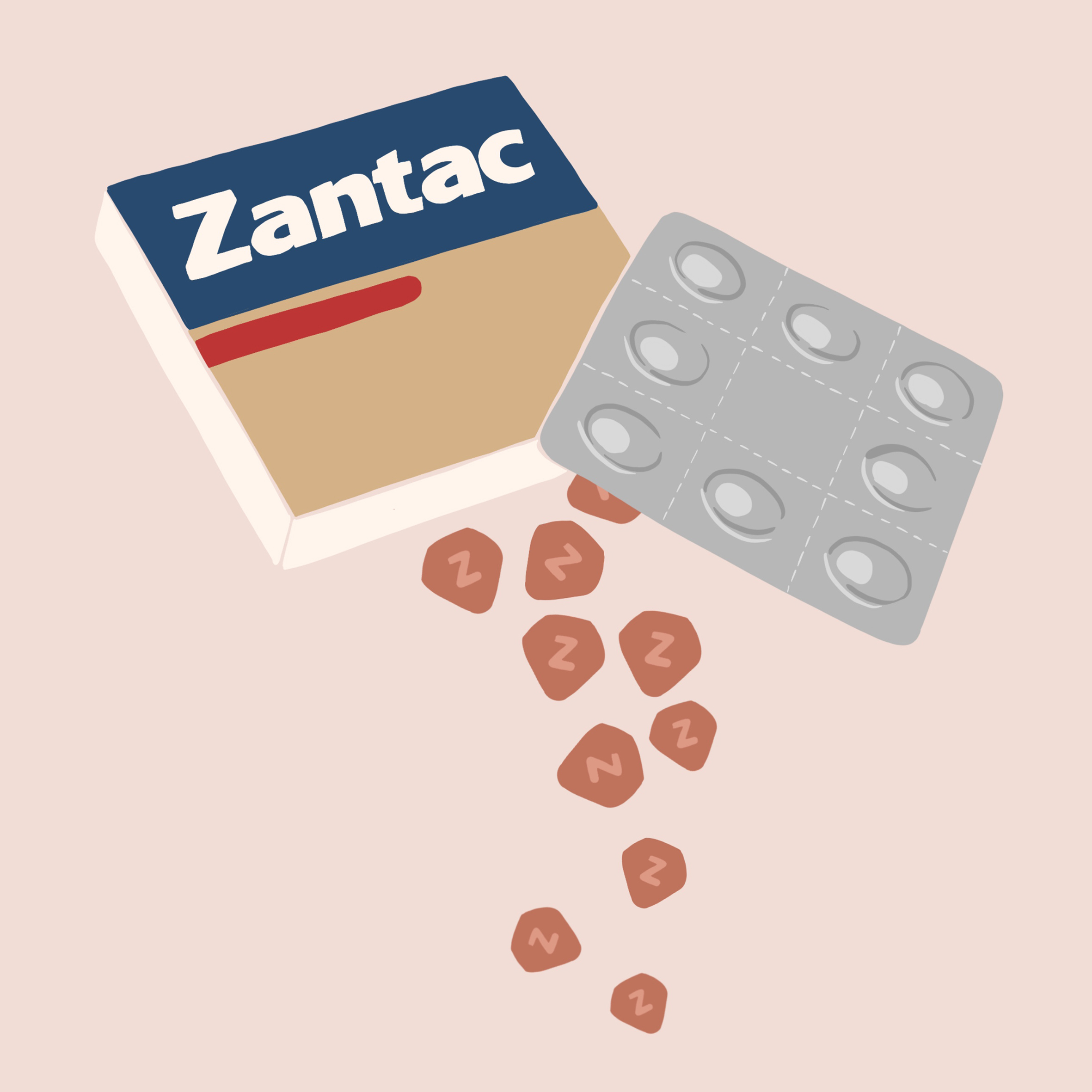Over 1,700 Zantac lawsuits have been consolidated in a federal multidistrict litigation (MDL) in Florida. Hearings will determine which expert witnesses will be allowed to testify about a contaminant in the recalled heartburn drug linked to certain types of cancers.
Judge Robin L. Rosenberg scheduled a series of special hearings known as Daubert hearings for dates towards the end of September. Daubert hearings are named for a U.S. Supreme Court ruling that established a precedent for expert testimony in federal trials.
The decision, Daubert v. Merrell Dow Pharmaceuticals, set the standard for how federal judges weigh the admissibility of scientific opinions. In a Daubert hearing, the judge will review whether experts base their testimony on sound scientific methods. A Daubert hearing is not intended to state what science is accurate or inaccurate.
Zantac litigation centers around the fact that its main active ingredient, ranitidine, which the FDA recalled in April 2020, could become very unstable, especially when stored at temperatures higher than room temperature. As a result of the instability, ranitidine could produce a chemical byproduct called N-Nitrosodimethylamine (NDMA). At very high doses, NDMA poses a carcinogenic risk.
The FDA has established a daily safe limit for NDMA exposure of 96 nanograms. Independent testing by Valisure, an online pharmacy, and later testing by the FDA revealed that the NDMA level in Zantac could exceed 3 million nanograms.
Plaintiffs allege that this high level of NDMA exposure caused them to develop one of the following five types of cancer: bladder, esophageal, gastric, liver or pancreatic. Defendants in the Zantac litigation include GlaxoSmithKline, Boehringer Ingelheim, Pfizer and Sanofi as well as other manufacturers, distributors and retailers of the drug.
In addition to the federal MDL, thousands of Zantac lawsuits have been filed at the state level. The expert testimony established in the Daubert hearings will have no impact on state Zantac lawsuits.
